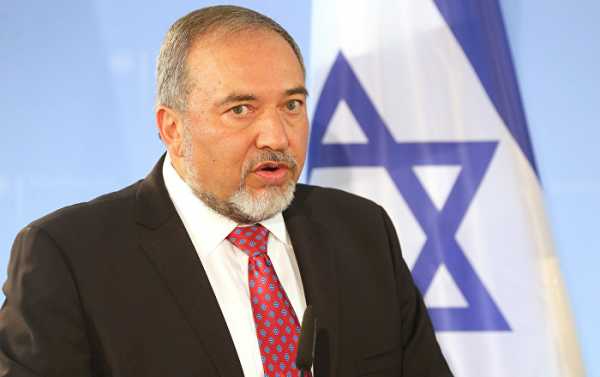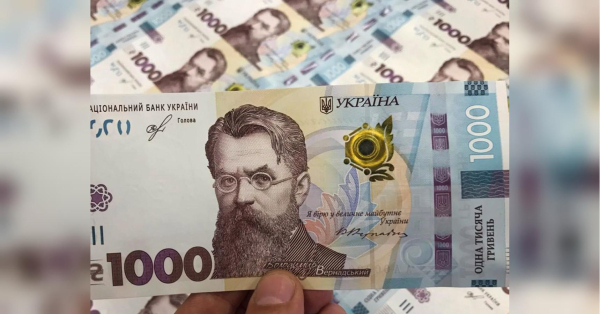
In the wake of the revelation by Israel of thousands of secret documents on the Iran nuclear program, suggesting that Tehran has been developing nuclear weapons contrary to the provisions of the 2015 deal it signed, tensions in the region have been heightened.
Israel’s Defense Minister Avigdor Lieberman warned Iran on Wednesday of an “appropriate” response to any actions by Tehran that are aimed at “hurting” Israel.
“The State of Israel cannot afford to ignore the threats of Iran, whose senior officials routinely threaten the State of Israel, promise to wipe it out and continue to support terror, and therefore we will do everything we need to do.”
The statement comes after Iranian Defense Minister Amir Khatami warned Israel against “provocative actions” and said Tehran’s response will “be surprising” and Israel will “regret it.”
The developments come amid heightened tensions over Benjamin Netanyahu’s Monday presentation, during which he accused Tehran of continuing to develop nuclear weapons “know-how” for the future in violation of the Joint Comprehensive Plan of Action (JCPOA). Signed by Iran and the P5+1 (China, Germany, France, Russia, the United Kingdom and the United States) the agreement stipulated that Tehran would allow inspections at its facility to ensure that the peaceful nature of its nuclear program in exchange for sanctions relief.
Netanyahu said Israel had obtained about 100,000 documents proving that Iran’s nuclear program had a military dimension called the “Amad Project.”
The revelation was followed by the US administration’s reaction to the incident, with President Trump claiming he would not rule out the withdrawal from the JCPOA. Iranian Foreign Minister Javad Zarif then said that Trump had jumped on a “rehash of old allegations already dealt with by the IAEA to “nix” the deal.”
European states, including the United Kingdom and France, called for preservation of the deal after the revelation of the secret files. Russia’s Permanent Representative to International Organizations in Vienna Mikhail Ulyanov said that the International Atomic Energy Agency (IAEA) should scrutinize the documents to verify their credibility.
Meanwhile, Israeli Prime Minister Benjamin Netanyahu has proposed that Russia send a working group to examine the materials, a high-ranking Israeli source told Sputnik on Tuesday. Germany, the United Kingdom and France will also send teams of experts to Israel to assess the files.
The controversy over the JCPOA has been constantly fueled by President Trump, who has threatened to withdraw the United States from the agreement if it is not amended. In January he said he would waive anti-Iran sanctions, as required under the JCPOA, for the last time and requested that Congress addresses the “flaws” in the agreement. Washington is expected to announce its decision on the agreement before May 12 deadline.
Sourse: sputniknews.com






